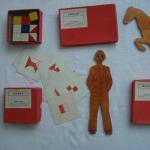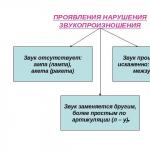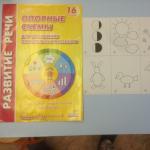How to teach a child to write correctly?
Analyzing the life of a person in the 21st century, one might think that it is not at all necessary to be literate. The world is not what it used to be. The question arises: do today's children need to be literate, and how can you develop a love of language in children?
If you were asked what the word literacy means, what would you answer? Is it writing and reading? In fact, the word "literacy" is more extensive in itself and means the degree of a person's proficiency in reading and writing in their native language. The highest degree of literacy for a person is the knowledge not only of his own language, but also of the languages of other countries of the world.
Remember the history of the development of civilization. Not every parent could afford to teach the art of reading and writing to their child or send him to school. Unfortunately, there were not many literate people. But with every goth, the desire to learn their language, write and read books appeared in more people.
Now we have literate educated people. We send our children to school and university. But is it possible to live in the modern world without, for example, competent spelling and pronunciation of words or clearly structured sentences?
Do you need literacy?
Many mothers on the Internet complain about their children, because children, in turn, believe that it is not necessary to study well at school. In fact, this is the usual laziness that some teachers instill in their unwillingness to lead the lesson in an interesting way and discuss important topics and problems for schoolchildren. Much depends on how the teacher loves his profession and treats children. For example, children assimilate information better if it is presented in the form of a game, where everyone can feel their role through a life, real example.
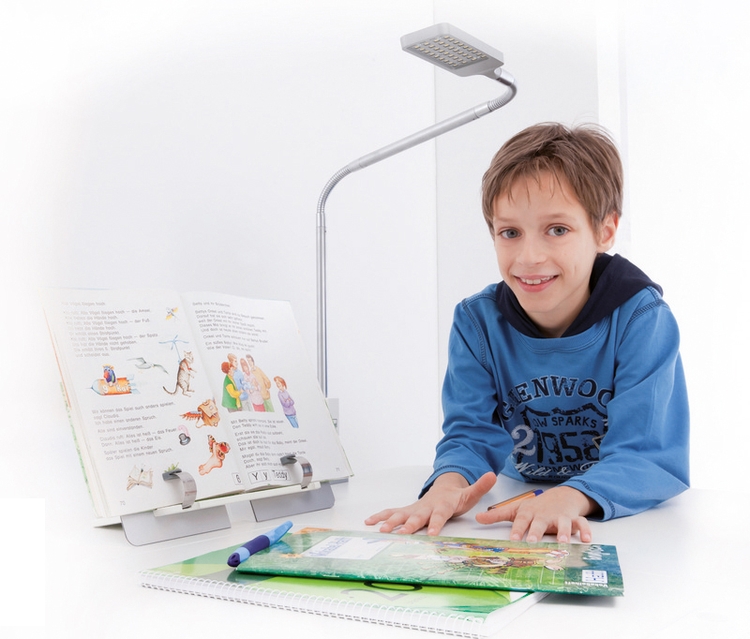
Unfortunately, there are a lot of such teachers who are out of place. But how to make sure that from the very childhood the child perceives information well and tries to remember it?
Raising a love of language and literacy directly depends on the parents themselves.
How to teach a child to love the language?
Have you ever met families in which children and parents speak Belarusian? Of course we did, but you must admit that this is a great rarity. From childhood, such parents try to show their children that they need to love their homeland, language and be literate. Some families try to teach their children Russian and English from an early age, but they don't really care about Belarusian.
It is not necessary to teach your child the Belarusian language, but try to make sure that your child at least falls in love with the Russian language, reads Russian fairy tales with pleasure and understands what a rich language he is mastering.
Stages of preparing a child for spelling
Instill a love for the language from an early age. Play games that develop thinking with your toddler. Show pictures of animals, call them by their proper names, and let the child at least visually remember what this or that animal looks like and, of course, what it is called.
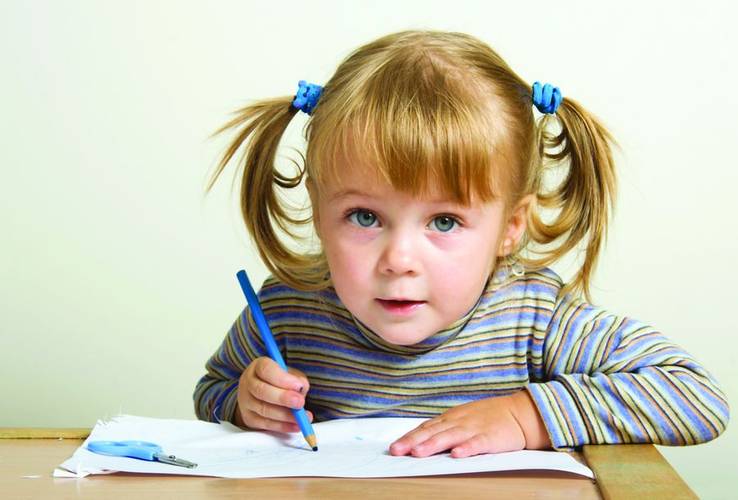
Today, every mother can buy an educational toy for a child in any store. Whether it's a constructor or an ordinary typewriter. While playing, the child grasps more the words that you say to him during the game.
For very young children, you can buy an easel on which they will draw with chalk or felt-tip pens, and learn to write. Small children perceive magnets best of all, so magnets with different letters are suitable for a child, which in the future he will definitely add into words.
Read as many interesting fairy tales as possible with your children. Moreover, if the child has already learned to read, let him try to read you a fairy tale, and then retell what he saw.
Young children, most likely, do not understand what they are being told about; they can look at the pictures in the book and remember what is drawn there. When the child grows up a little, read fairy tales to him on his own, without using audio.
The child has grown up - we learn to write
Do I need to teach my child to write letters and words at a young age? Everything, of course, depends on you. Many teachers believe that it is better to let teachers and educators try to teach children to write beautifully and correctly. But, if you still decide to teach your baby how to write, start from the most important stage - teach you how to sit and hold the handle.
Remember, your child's back should be straight. Teach your kid sit right and stick to this position when he is busy drawing or writing.
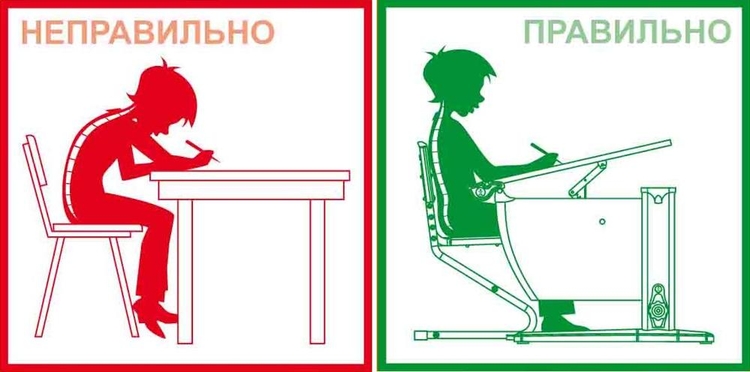
The next important step is to teach your child hold the pen correctly or a pencil in hand. Make sure that the child is comfortable and after a while his hands do not hurt.
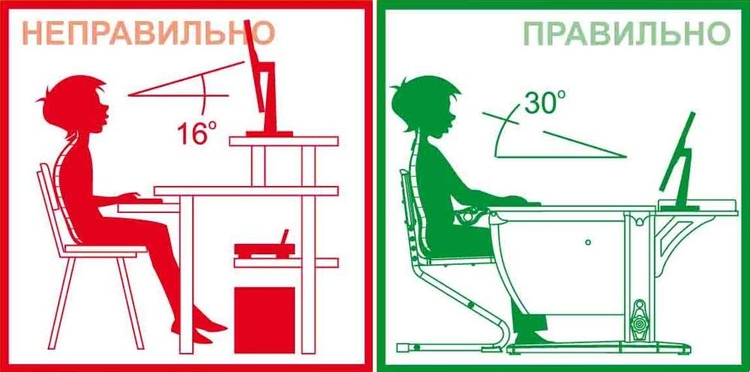
Next - teach your child coordinate the work of the hands, forearms and arms while writing. Learning can begin with such simple activities, because the child, first of all, must learn to sit correctly, hold a pen in his hands and move it while spelling.
When your baby learns to do these three things at the same time, without hesitation - calmly start learning letters and numbers. Why is it so important? Because if a child sits correctly, holds a pen well in his hands and coordinates his movements, then his handwriting will be beautiful and understandable.
In addition, from a very young age, monitor the child's posture, because it is at this age that you can correct and ensure that the child does not bend and injure his back.

Do not yell at the child if something does so, help him understand what is right and what is wrong. Psychologists also advise that it is best to find a comfortable body position together with the child, then you will make fewer comments, and the child will be comfortable, and he will think about what he is writing.
How to write correctly?
Back in 1879, the French Hygienic Society established the basic rules - the key to successful and beautiful handwriting. Scientists argued that a child must sit upright, not leaning on the table with his elbows, and hold the notebook with his left hand (if the child is right-handed). In this case, the handwriting will be beautiful, and the letters will be tilted, thanks to this arrangement of the notebook and hands.
Now that the child has learned to sit correctly, let's proceed to the possible options for teaching literate writing.
The golden thing is right for every parent - try to conduct dictations at home as often as possible. It is in them that the child perceives words by ear, and then reinforces his new knowledge with visual perception.

Scientists have found several more ways to help make any child literate. The famous linguist, Dmitry Ivanovich Tikhomirov, found the most suitable way to teach children to write correct. He believed that parents should enable the child to read the words as they see them, that is teach children spelling reading. This means that any text consists of sentences, those - of words, words - of syllables, individual sound units of the word. In order for a child to learn to read the whole word, he must first learn to pronounce it in syllables. When a child has learned to read syllables, he can pronounce the whole word. After the child knows the words, try to return him to syllables and teach him how to write the words that he recently uttered.
After a while, you will definitely notice that the child not only quickly grasps new words, but also writes them extremely competently.
In addition, educators believe that the words read and written are best read aloud... Every mistake will cut the ear, because if the letter is out of place, it is immediately noticeable.
It is best to devote to reading and spelling in syllables 5 to 10 minutes a day. You can decide for yourself when and at what time it is best to do this.
A useful activity will also be reading words in a spelling dictionary... Teachers advise reading and memorizing about 10-15 new words every day.
The best way to strengthen the literacy that your child will acquire every day is by reading classical Russian literature. Turgenev, Tolstoy and Bunin will give your child more words in reserve, many of which will help him navigate in life and grow up as a well-read and interesting interlocutor.
Dear Readers! How are your children doing with literacy? What methods can help you fight illiteracy? Share your experience in the comments.

